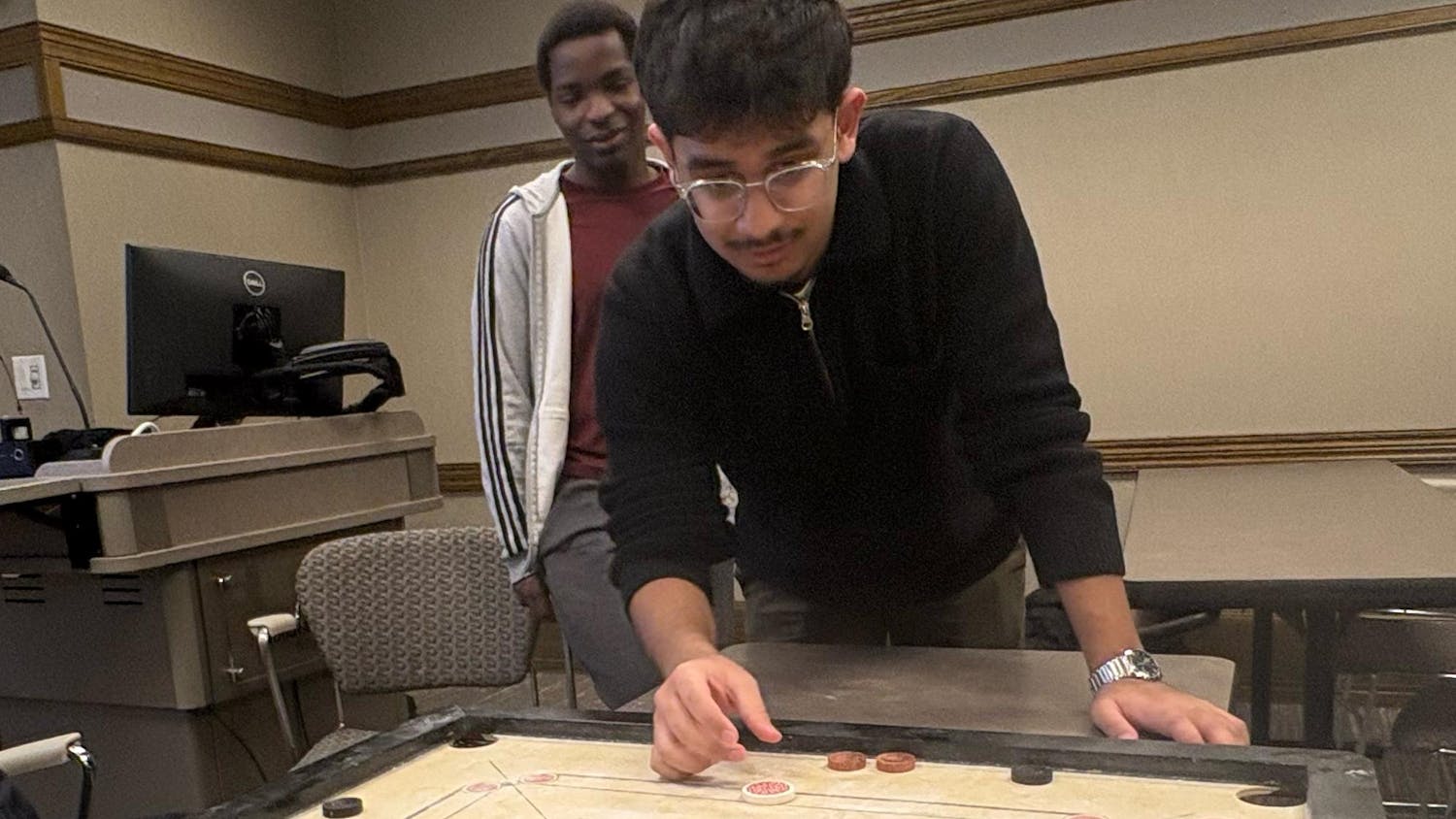While it usually is not a problem for people to tell others if they have cancer or diabetes, people find it harder to say they suffer from a mental illness.
IU sociologists led an international study that found despite worldwide acceptance that people with mental illness can be treated, there is a still a stigma associated with being mentally ill.
The “Stigma in Global Context — Mental Health Study” found that people view those with mental illness as undesirable for close personal relationships and positions of authority.
The study was launched after the International Study of Schizophrenia found that people in poorer, developing countries recovered at a higher rate than people in developed countries.
“(It) seems paradoxical,” said Bernice Pescosolido, the IU sociology professor who led the study and a recognized expert in the field of mental health stigma. “While in the West, we’re expected to have better technology and health care, in other countries, they seem to look out for each other and had a sense of collectiveness. This is what challenged my group.”
According to the National Alliance on Mental Illness, one in four adults experience a mental health disorder in a given year.
Anyone at any age can develop a mental illness, and yet there is still a stigma associated with those who are mentally ill.
“Like mental illness, anyone can get old, too,” IU psychology professor Eliot Smith said. “And the elderly get stigmatized, also.”
The most recent stigma for the mentally ill is the media linking them to violent tragedies, such as the Aurora, Colo., and Newtown, Conn., shootings. The truth is that the vast majority of those with mental illness are more likely to be victims of violence rather than perpetrators, Pescosolido said.
“A small percentage with mental illness act in violent ways,” Smith said. “But it’s absolutely unfair to link those with mental illness as dangerous. For example, it’s unfair to stereotype males as those who are more likely to get a gun and kill everyone.”
These stigmas then affect those with mental illness in a major way and pave a way for negative implications, such as refusal to get help.
“People have to recognize they have a problem,” Pescosolido said.
The National Alliance of Mental Illness of the Greater Bloomington Area provides support and advocacy for families of individuals who suffer from mental illness. They’ve been witness to those with mental illness hold high-power jobs.
“Some of these folks are ‘out,’ and some feel the need to keep their mental illness a secret to avoid the stigma issue,” said Jill Bolte Taylor, world-renowned neuroanatomist and president of NAMI-GBA.
The SGC-MHS study found that individuals were very hesitant to work with someone with a mental illness.
“If you’re going to interact with someone with mental illness, you might be nervous because you don’t know how to act,” Smith said.
The SGC-MHS study was conducted to help make institutional changes for those with mental illness and to help reduce the stigmas.
The study’s goal is to find a new way to educate.
“We were trying to find a new hook to change the culture to be more receptive for people with mental illness,” Pescosolido said. “People can recover from mental illness, we know that. People have higher self-esteem and they do better if people can accept them. We seem to think the mental illness is one big problem, but it’s completely different to everyone else.”
Mental illness stigma remains
Get stories like this in your inbox
Subscribe



